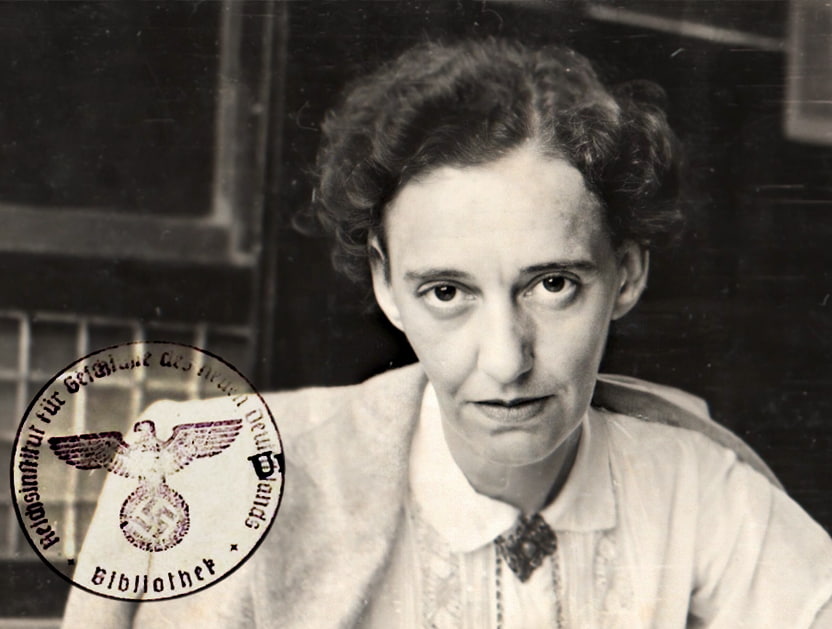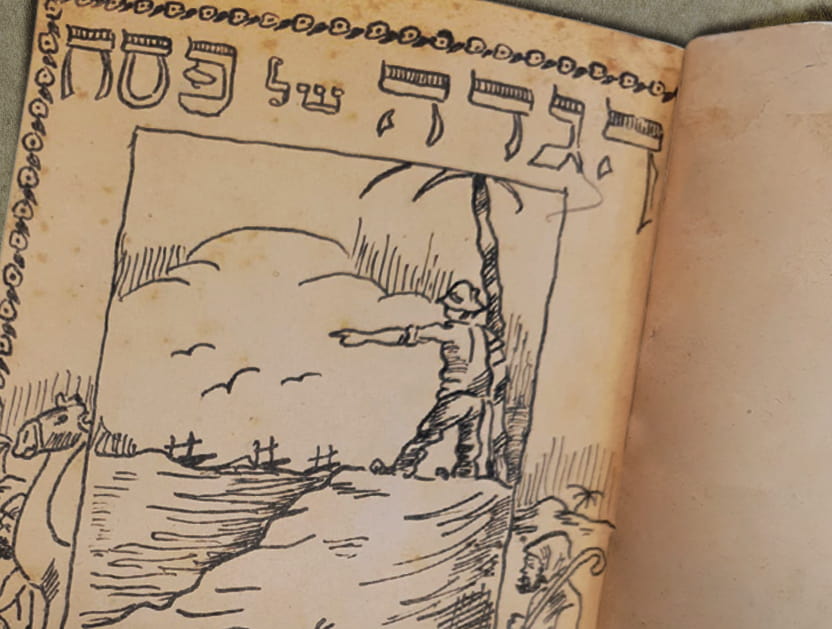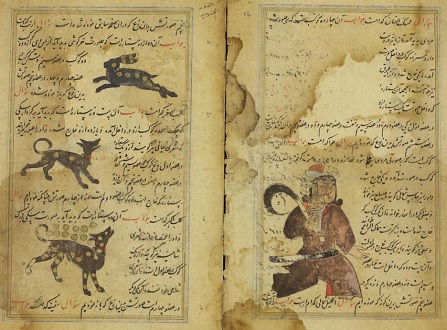Without copyrights
להגדלת הטקסט להקטנת הטקסט- ספר
This book reveals the impact of copyright law on transatlantic modernism in the United States. Key aspects of modernism-James Joyce's reputation in America, Ezra Pound's proposals for copyright reform, Samuel Roth's activities as a pirate-pornographer-are reexamined in the light of the U.S. law and the voracious public domain it created. This book tells the story of how the notoriously protectionist American copyright law impacted transatlantic modernism by encouraging the piracy of works published abroad. From its inception in 1790, U.S. copyright law withheld protection from foreign authors, creating an aggressive public domain that claimed works just as soon as they were published abroad. When Congress finally extended protection to foreign works, legal technicalities caused many authors to continue to losetheir copyrights.The American public domain made vast numbers of foreign works freely available to American publishers. In order to avert ruinous competition for these unprotected resources, publishers evolved "trade courtesy," whereby the first house to announce plans to issue a foreign work acquired informal rights in the work-a kind of makeshift copyright grounded on unwritten norms and elaborate professional etiquette. Courtesy was a form of order without law that safeguarded publishers' interests,punished deviants from the code, and remunerated foreign authors for the exploitation of their works.Drawing on previously undiscovered archives, this book reveals the convergence of law, piracy, and courtesy in the dissemination of transatlantic modernism in the United States. The chief actors are James Joyce, Ezra Pound, and the New York pirate-pornographer Samuel Roth, with their very different attitudes toward intellectual property. Joyce's growing reputation in America, Pound's proposals for copyright reform, Roth's activities as purveyor of a hybrid modernism compounded of verbalexperiment and entertainment for men-these and other developments cannot be understood apart from the contemporaneous American law and the voracious public domain it created.The book also tells the untold legal stories behind key events of modernism. When Roth reprinted the uncopyrighted Ulysses without permission, Joyce retaliated by drawing upon the punitive dimension of trade courtesy and by filing a lawsuit seeking damages for Roth's exploitation of his valuable name. Later, the courtesy tradition enabled Joyce to enjoy informal protection for Ulysses after Random House published the authorized American edition in 1934. Publishing norms, not copyright, keptpirates from Ulysses.
| כותר |
Without copyrights : piracy, publishing, and the public domain / Robert Spoo. [Modernist literature & culture ] |
|---|---|
| מוציא לאור |
Oxford New York : Oxford University Press |
| שנה |
2013 |
| הערות |
Formerly CIP. Includes bibliographical references and index. English |
| הערת תוכן ותקציר |
Prologue: Growing the American public domain -- The American public domain and the courtesy of the trade in the nineteenth century -- Transatlantic modernism in the American public domain -- Ezra Pound's copyright statute: perpetual rights and unfair competition with the dead -- Ulysses unauthorized: protectionism, piracy, and protest -- Joyce V. Roth: authors' names and Blue Valley Butter -- Ulysses authorized: Random House and courtesy -- Epilogue: Disturbing the American public domain. |
| היקף החומר |
1 online resource (xvi, 355 p. ) ill. |
| שפה |
אנגלית |
| מספר מערכת |
997010710105505171 |
תצוגת MARC
יודעים עוד על הפריט? זיהיתם טעות?

 כניסה עם גוגל
כניסה עם גוגל
 כניסה עם פייסבוק
כניסה עם פייסבוק



